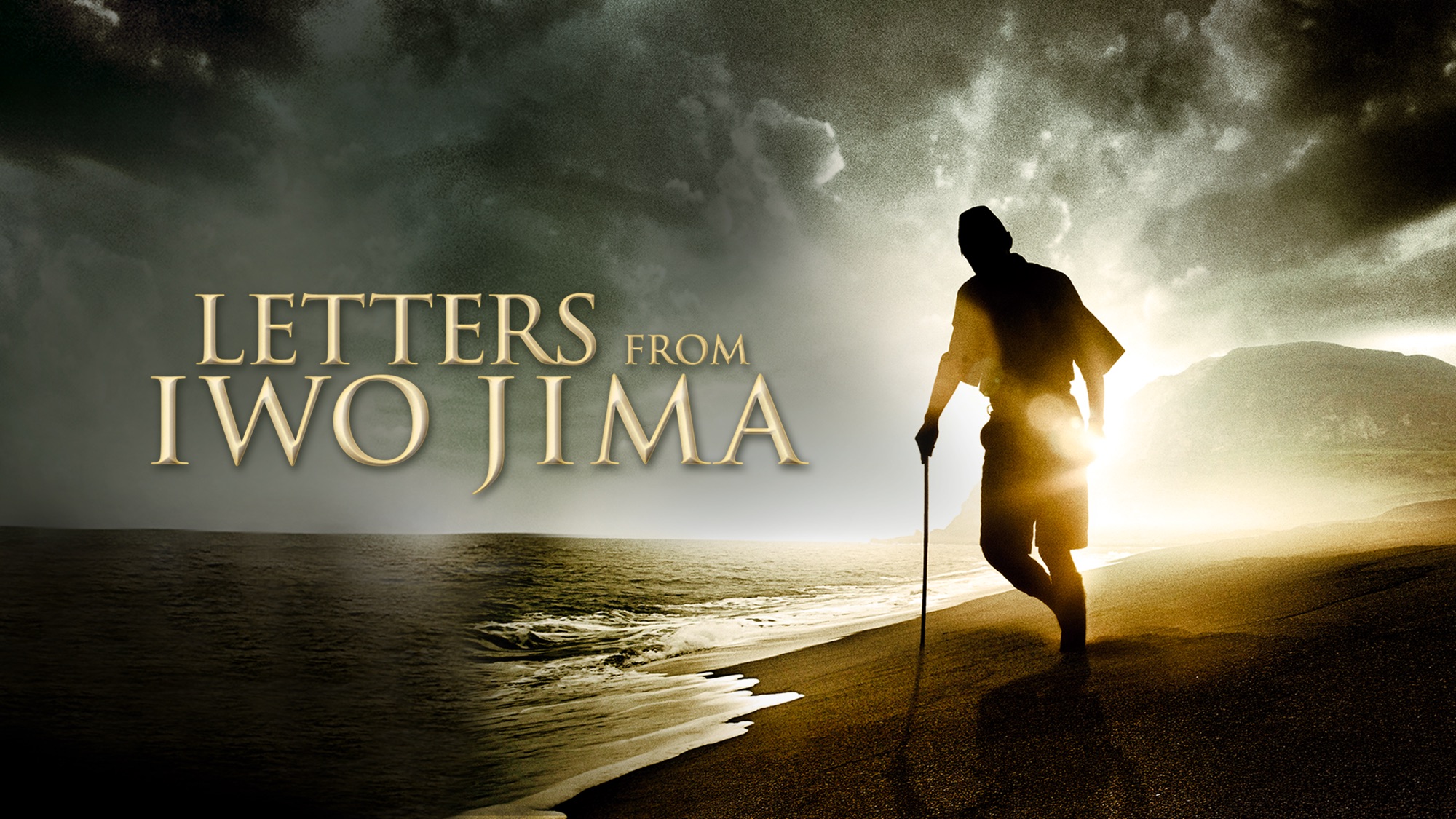

There are also shared atrocities, Japanese killing Marine prisoners and Marines doing the same, apparently to remind the audience of universal guilt. A letter found on a captured young Marine, translated and read aloud by a sophisticated Japanese colonel (who actually existed), strikes a responsive chord among the troops who remark it's just the sort of message a Japanese mother would write to her son.
Letters from iwo jima movie#
While the movie revolves around Kurabayashi, the larger theme is the common humanity shared by the Japanese soldiers and the U.S. Kurabayashi's other persona, the strict disciplinarian, stickler for military courtesies (work details excepted), and micromanager who demanded instantaneous execution of his orders, did not make the screen. He did order officers and men to share the same rations, highly unusual in the rank- conscious Japanese army.

He did walk the island on daily circuits, sometimes even twice a day, to inspect defensive preparations and the state of his troops. Kurabayashi Tadamichi is mostly faithful to the man. Letters From Iwo Jima displays all those characteristics yet is a very good war movie. War movies are extremely difficult to make because directors must compress chronologies, simplify complex issues, and focus on heroic or tragic personalities to present a comprehensible narrative to the audience.


 0 kommentar(er)
0 kommentar(er)
